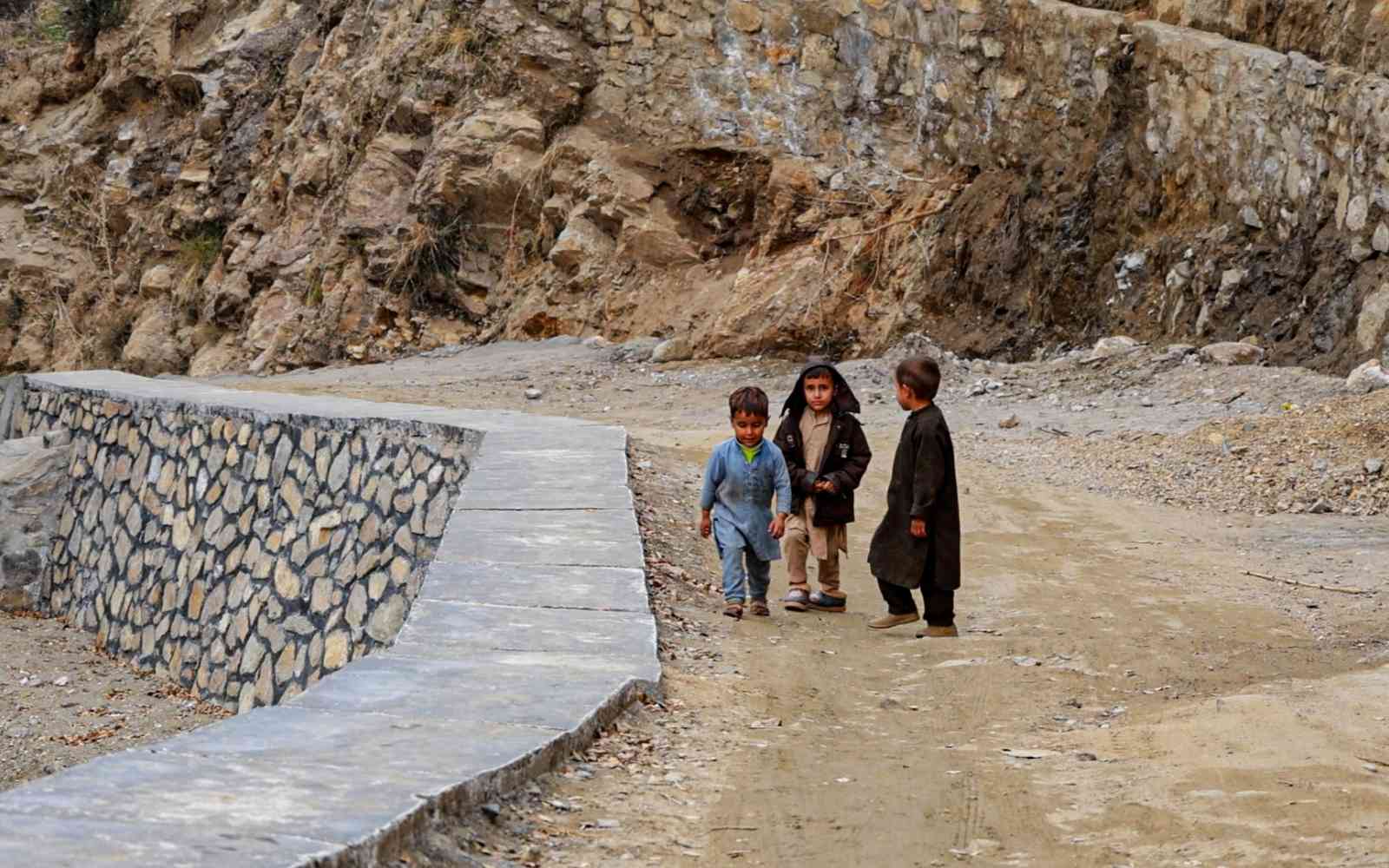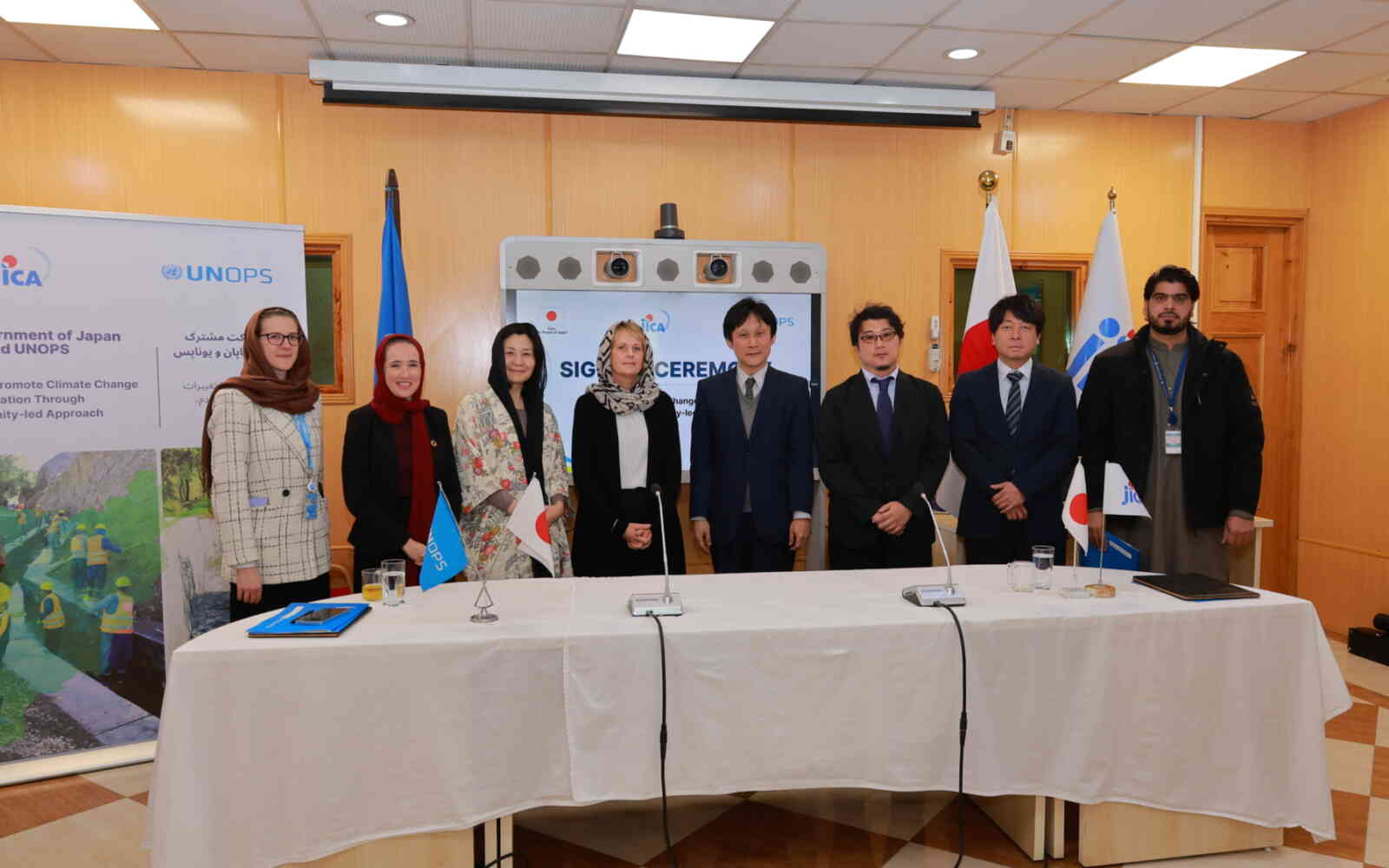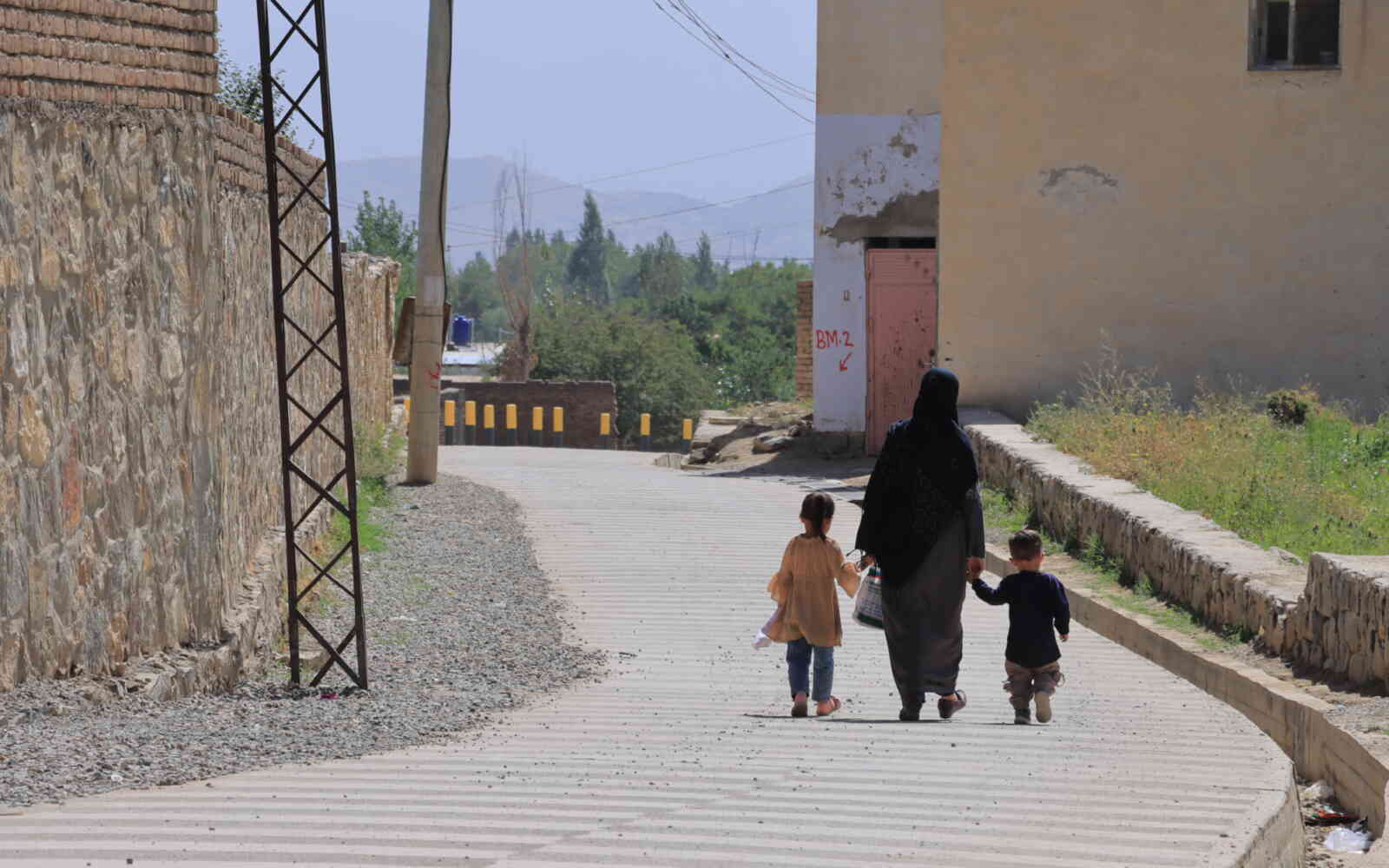The United Nations Office for Project Services (UNOPS)
Statement on UNOPS response to the earthquake in eastern Afghanistan
Statement attributable to Jorge Moreira da Silva, UN Under-Secretary-General and UNOPS Executive Director.
Nearly two weeks after the devastating earthquake in eastern Afghanistan, the needs remain immense.
Over 2,100 people have lost their lives, nearly 3,500 people have been injured, 6,500 houses have been damaged or destroyed, and at least half a million people have been directly impacted by this tragic earthquake, in the provinces of Kunar, Laghman and Nangarhar.
Afghanistan’s earthquake has created an urgent humanitarian crisis.@UNOPS stands ready to support relief operations alongside our local and @UN partners.
— Jorge Moreira da Silva (@UNOPS_Chief) September 9, 2025
Immediate funding is critical to meet rising needs. https://t.co/7emv9walB1
Families have lost loved ones, homes and livelihoods. Basic infrastructure has been severely damaged or destroyed. And access to clean water and medical care is limited.
For the communities impacted, all of this has worsened an already fragile situation.
Afghanistan remains one of the largest humanitarian crises in the world, marked by conflict, economic instability and natural disasters. Women and girls are pushed to the margin, and the 1.5 million Afghans forcibly returned from Iran and Pakistan in this year alone are facing significant challenges re-establishing lives and livelihoods in Afghanistan.
In the aftermath of the earthquake, UNOPS, along with the wider UN family and our NGO partners have been working to support the immediate response.
Following the earthquake, UNOPS enabled life-saving humanitarian support, funded by Japan. This allowed rapid action in some of the hardest-hit and most remote communities. With UNOPS support, our local partners reached affected villages within hours, delivering urgent medical care, evacuating injured people and distributing emergency food, while continuing explosive ordnance risk education to keep communities safe.
UNOPS in Afghanistan has mobilized an additional $1 million through our World Bank–funded project. Working with our NGO partner on the ground, we are supporting response efforts ranging from clearing rubble and restoring small-scale community infrastructure to creating short-term jobs and making damaged assets functional again.
As recovery progresses, UNOPS and partners are assessing new explosive ordnance risks created by the earthquake, ensuring that rebuilding efforts can be carried out safely and that affected families can begin to recover with dignity.
UNOPS also runs Awaaz Afghanistan, on behalf of UN agencies. This is a call centre that is playing a vital role in the earthquake response - giving affected communities a trusted channel to request help, access timely information, and provide feedback on humanitarian services. Having already connected more than 4 million Afghans to essential services, Awaaz is a proven lifeline in times of crisis.
We know that needs are acute and challenges abound: remote and mountainous roads are making access difficult, connectivity is poor, the health system is overstretched, and crucially winter is fast approaching. Nearly $140 million is estimated to be required over the next four months to deliver life-saving response activities across affected provinces.
I call on the international community and donors to show solidarity and provide additional resources, both for the immediate humanitarian needs but also in the long path to recovery that lies ahead of us.
At UNOPS, we are working with our partners to find ways to help communities recover, and rebuild in ways that are safe, sustainable and resilient.
Currently, we are assessing needs for resilient houses - so that we can support families rebuild safer homes.
In this, we build on experience from reconstruction projects in Herat, following the 2023 earthquake, and before that in Nepal, following the country’s 2015 earthquake, where UNOPS worked closely with communities to rebuild their homes to be stronger and more resilient.
Over the past two years in Herat, my colleagues have also worked hard to rehabilitate and rebuild housing, irrigation, water structures and health facilities. A strong focus of this work is building – together with communities – sustainable, energy-efficient and resilient homes. Their approach is to use local solutions and construction materials – such as mud. By drawing on age-old traditions and materials, we can not only preserve local identity and culture, but also build resilient homes that can withstand future shocks.
UNOPS stands by the people of Afghanistan in these challenging times.
For thirty years, we have supported men, women and children across Afghanistan to live peaceful and dignified lives, where their human rights are respected and where they have opportunities to thrive.
Our efforts have been, and will continue to be, driven by the principles of the United Nations, including gender equality. As I have conveyed to the de facto authorities during my mission to Afghanistan in 2024, it is crucial to ensure girls have access to education and women have access to all working activities.
Despite a challenging operational context, we are committed to stay and deliver, working with communities to address urgent needs, build resilience, create livelihood opportunities, providing hope and dignity in the face of hardships.










